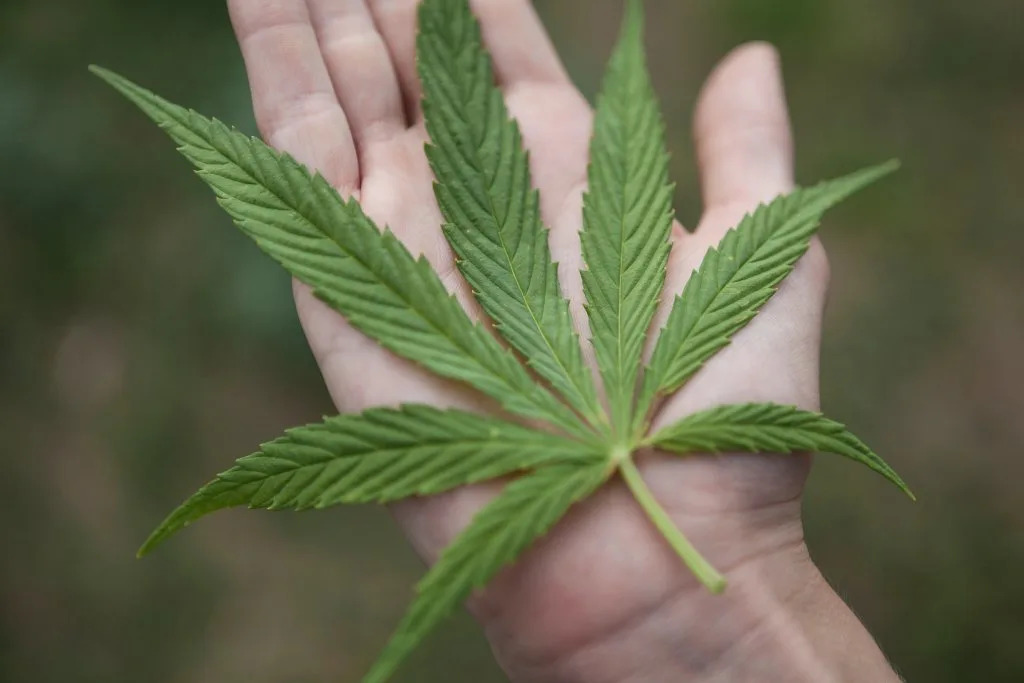Debate around the decriminalization of cannabis, or marijuana, is growing in West Virginia’s capital city council. The City of Charleston could soon see a measure on the ballot this November giving voters the opportunity to decide if marijuana should be decriminalized in city limits. That is, if the city council chooses to not adopt the ordinance first.
Although there’s not much debate among locals. It’s clear to thousands of Charleston area residents who signed a petition asking the city to decriminalize marijuana that this is an obvious step forward to save taxpayer dollars and improve social justice in their city.
I was in the audience when Charleston’s Ordinance and Rulemaking Committee met on July 15 to discuss the Sensible Marijuana Ordinance or Bill No. 8043. It would create a new city code for simple possession with penalties as minimal as possible as allowed by the state. Some committee members purported misinformation and fear mongering on marijuana laws, safety and usage. So, let’s break down the facts and debunk the myths of decriminalizing cannabis.
First, don’t confuse decriminalization with legalization.
Decriminalization means marijuana would remain illegal in West Virginia, but the legal system in the City of Charleston would not prosecute someone for simple possession, having the substance for personal use without an intent to sell. The Sensible Marijuana Ordinance effectively removes jail time, court fees and fines for any adult arrested for marijuana possession in Charleston. The language of the ordinance was modeled after legislation in 30 other cities and towns in neighboring states, and it has withstood constitutional challenge.
Marijuana is legal in 24 states and the District of Columbia, including three of West Virginia’s five neighboring states — Maryland, Ohio and Virginia. Most Americans now live in a state where the substance is legal. Our state boundary is 1170 miles with 80% (936 miles) of our border touching places where marijuana is legalized. Still, it is regressive to maintain strict penalties for simple possession when Charleston residents can drive an hour to Ohio and under two hours to Virginia and access marijuana legally.
The aggressive enforcement of marijuana possession laws wastes billions of taxpayer dollars nationwide diverting resources that could improve our communities. About $17 million was spent in 2010 in West Virginia enforcing possession laws criminalizing marijuana users, even for low-level offenses. This scale of funding could and should support public housing, utility assistance, renewable energy, and more in Charleston.
Second, marijuana is not a dangerous substance.
That’s why another 14 states allow marijuana for medical use beyond the 24 states where it is legal, and doctors prescribe the substance for chronic pain and other medical conditions. Marijuana use has been proven to not contribute to overdose deaths, long-term health problems, violent crime and serious injuries; this cannot be said for alcohol usage.
What is dangerous is the blatant discrimination seen in the enforcement of current marijuana possession laws in West Virginia. Black West Virginians are 7.3 times more likely to be arrested for cannabis possession than white West Virginians, despite similar usage rates. There were 178 arrests for marijuana simple possession within Charleston city limits in 2023. According to the 2023 Charleston Police Department Annual Statistics, Black neighbors accounted for 30% of total arrests, over double the proportion of Black neighbors. When looking at the racial breakdown of simple possession of marijuana arrests in the same year, Black neighbors are even more disproportionately represented at over 50 percent of charges.
The decriminalization of marijuana would alleviate racial, ethnic and income-based disparities in the criminal justice system and reduce the number of people swept into this punitive system. We could see limited resources for public health be redirected into more cost-effective and impactful solutions, like harm reduction. And, decriminalization would help revise the current law enforcement incentive structure and redirect resources to prevent serious and violent crime, something that marijuana usage is notably not.
Third, marijuana is not a gateway drug.
The latest academic studies show that there is not an increase in drug use among teenagers in legal marijuana states and that marijuana is not a “gateway drug.” Analyses in the American Journal of Drug and Alcohol Abuse and JAMA Pediatrics, the highest ranking pediatric scientific journal in the world, showed that the longer legalization laws had been in place, the greater the reduction in marijuana use among teenagers. Even more, a Psychological Medicine study in 2023 found no changes in illicit drug use and a reduction in alcohol-related problems following the legalization of marijuana. It’s clear that stigma, not science, is driving some city councilors to look away from the facts and push misinformation around marijuana as they debate the Sensible Marijuana Ordinance.
H/T: www.yahoo.com
You can view the whole article at this link Let’s bust three myths around decriminalizing cannabis



